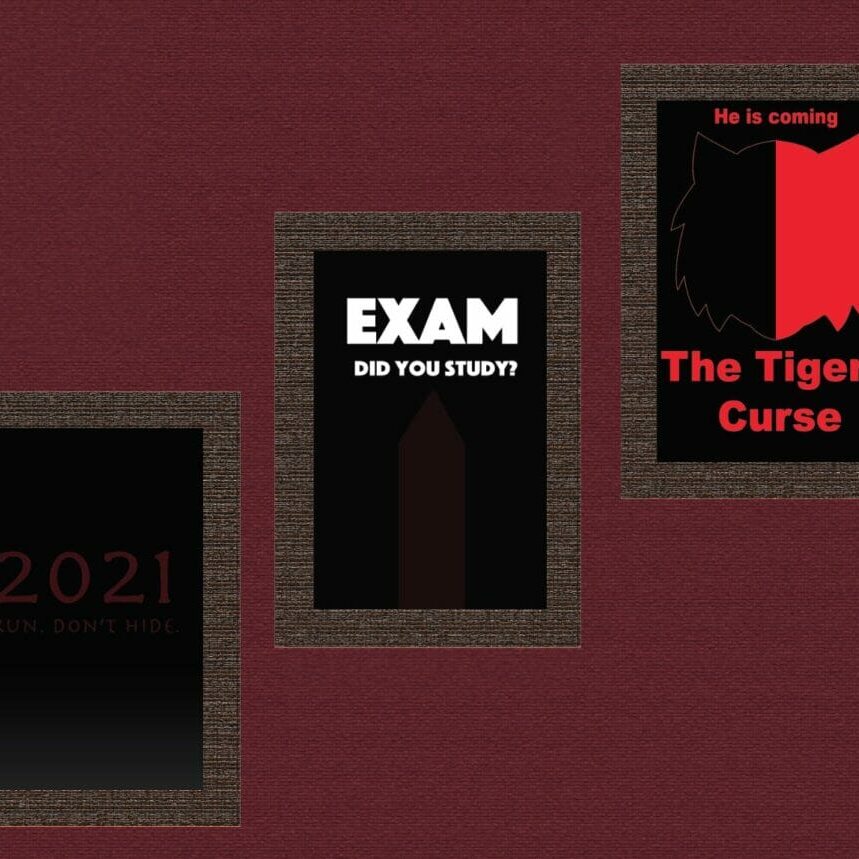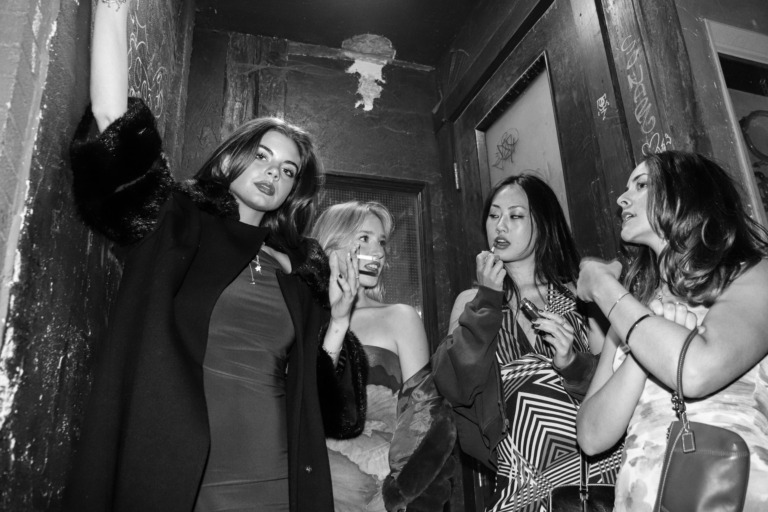
The subjective success of modern horror
It's all about the audience
Modern horror movies don’t abandon the spooky path laid by filmmakers like Georges Méliès and Alfred Hitchcock by choosing to use technology and ideas available to them. Just as Mary Shelley and Bram Stoker paved the way for writers like Stephen King and Anne Rice, modern filmmakers are extending the roads their predecessors started. And the lanes are expanding.
In the beginning
Sometimes I wonder if films are getting bigger and more intense because of the audience and our evolving tastes, or if filmmakers work with what they have.
The first horror film, although maybe not intended as such, was Méliès’ 1896 film, La Mainor du Diable, or in English, The House of the Devil. Méliès was a known illusionist and stage magician, but he’s also a credited director, making approximately 520 short films in his time.
Comparing The House of the Devil to the 2013 film The Conjuring, or other horror films using CGI, the transformative technology in Méliès’ film appears amateur. At the time, however, there was no digital technology to morph a bat into the devil, a feat Méliès perfected through his skill of illusion and handy camera work.
Thinking about the early works of horror and the work of today, maybe horror cinema isn’t getting too big for its britches, so to speak. Maybe horror cinema is expanding at the rate of technology, and that’s exactly what audiences have come to expect.
Cinematic evolution and horror movie ideals
Films are not created for the sake of continuity. Like any creative endeavor, they are made to evolve with their viewers.
While big box office horror successes like the 2017 remake of Stephen King’s It and The Nun (2018), count on special effects and million-dollar budgets to deliver scares, they’re no less relevant to horror culture than early classics. They’re just different.
Horror holds within it several sub-genres. I, for example, love films that centre on the supernatural. Growing up, some of my favorite movies were oldies like The Exorcist, The Amityville Horror and Poltergeist. Now, I’m drawn to modern takes on similar subjects, like The Woman in Black, Insidious, and Crimson Peak.
Supernatural horror is only one theme in a sea of haunting subject matter. From slashers and zombies to sci-fi mashups and mind-bending thrillers, there are many different layers to explore. Just as themes vary in horror, so does the level of gore, special effects and big scares. New or old, subtle or obvious, horror cinema is subjective.
Some modern horror films take it back a notch
Not all modern horror aims for the bloodiest, scariest, jumpiest movie of the year. Some modern horror still focuses on subtly inducing dread.
This September, I was fortunate enough to earn an invite to a friend’s horror thriller premiere at FIN: Atlantic International Film Festival. Shush took us on a creepy ride through the life of an ASMR YouTuber and sushi waitress, and her potential new beau as they explore the dark side of the web.
Written and directed by Michael Ray Fox, the film doesn’t rely on jump scares, gore and special effects to win audiences. It focuses more on the intellectual side of horror, keeping you guessing until the end.
Bigger isn’t always better
While I stand by my statement that big cinema isn’t bad cinema, some horror movies are better without bells and whistles.
The understated perfection of the 1978 Halloween, for example, is obscured by modern takes on the Michael Myers tale.
Rob Zombie’s 2007 reboot of the franchise chose to amp up the gore and body count. The film changed Myers from an almost supernatural bulletproof fiend who never speaks to a human killer with a past. More than doubling Myers’s murders, Zombie also builds up the character’s backstory, introducing a deranged young boy with a love of hurting animals and people.
As a lover of classic slashers, I wasn’t a fan of the remake. For me, one of the scariest things about Meyers was his lack of humanity.
That’s the beauty of this genre – it’s all relative. Whether you’re a purist with no time for remakes, or you’re open to all interpretations of horror, this is a genre that isn’t defined by box office success or budgets.
I’m happy to keep an open mind, as long as they don’t send any more classic killers into orbit. After all, who can take Jason Vorhees seriously after seeing the half-metallic space ensemble from Jason X?






